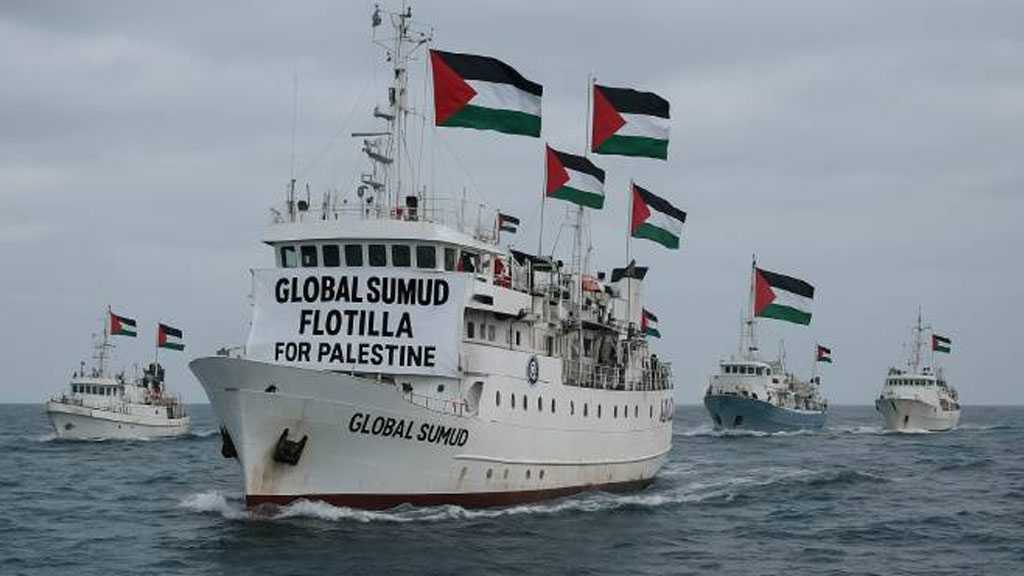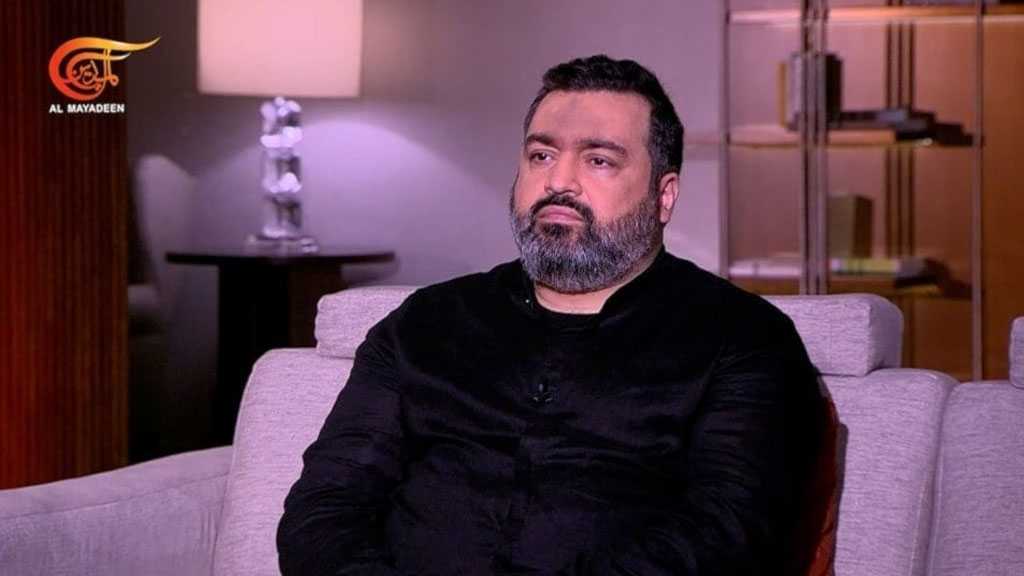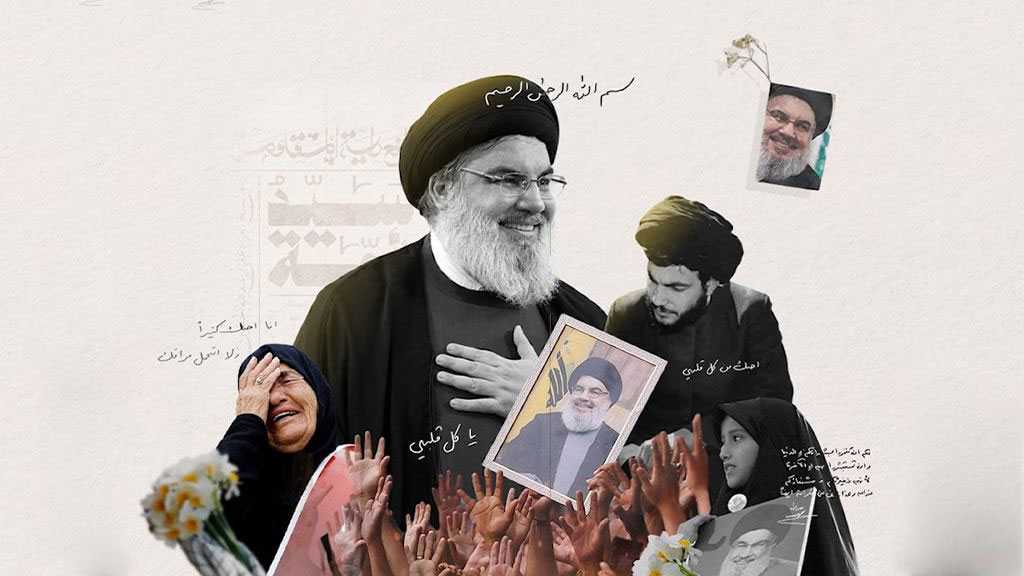Ariel Sharon is an officer, not a gentleman
source: The Daily Star, 15-1-2004.
summary: Leading "Israeli" sociologist says prime minister's ‘politicide' policies aim to delegetimize Palestinians
Peter Speetjens
Seeing the many killings on both sides and the absolute deadlock in peace negotiations, many people would agree that the second intifada so far has not brought any benefits to anyone. But Baruch Kimmerling, a professor of sociology at the Hebrew University of Jerusalem (Al-Quds) believes there is one man who has taken full advantage of the situation: "Israeli" Prime Minister Ariel Sharon.
In his book Politicide: The Wars of Ariel Sharon against the Palestinians, Kimmerling writes that the world had high hopes that Sharon might have changed by the time he was elected prime minister, following the example of South African leader Pieter de Clerk. Hadn't Sharon said, for the first time in his life, that he supported the creation of a Palestinian state?
However, Sharon has always stopped short of giving any details concerning the future Palestinian state, even going on to say that "the "Israeli" war of independence isn't over yet."
His words, ¬ a clear call for the creation of Greater "Israel", ¬ were recently repeated by Sharon's (extreme) right hand man, Moshe Yalon, who defined the Palestinian conflict as an "internal cancer" and the "Israeli" reaction as "chemotherapy."
In Kimmerling's opinion it's naive to think that the 75-year-old hawk Sharon, whom he sees as responsible for triggering the Palestinian uprising by his controversial visit to the Al-Aqsa Mosque in 2001, has changed. Seeing the determined destruction of Palestinian infrastructure, his use of the post-Sept. 11, 2001 "war-on-terrorism" rhetoric to justify "Israel's" policy of occupation and the continuing colonization of the West Bank, the American educated professor concludes that Sharon's true goal remains the "politicide" of the Palestinian people.
Combining the words politics and genocide, the author defines politicide as: "a policy that has as its ultimate goal the disappearance of the Palestinian people as a legitimate social, political and economic entity. This process implies eventually, but not necessarily, a partial or total ethnic cleansing of the Palestinians by removing them from the land known as Greater "Israel"."
Kimmerling's book is a sharp and refreshingly clear analysis of current "Israeli" policy that manages to place recent events in an overall historic cadre without ever becoming too academic.
Apart from analyzing recent events, Kimmerling dedicates part of his book to Sharon's life, character and career to further prove his case. We learn how as a little boy, Ariel "Arik" Scheinerman always walked around school with a wooden bat, which his father had given him to protect himself.
After the creation of "Israel", Sharon became commander of the feared Unit 101, before becoming "Israel's" undisputed number one military hero in the 1967 and 1973 wars. Sharon gained a reputation for executing daring tactical maneuvers, as well as ignoring senior orders.
Kimmerling depicts Sharon as "an officer not a gentleman," a military genius, as well as a secretive, sly and fiercely ambitious man.
After his military career, Sharon continued his war against the Palestinians in the political arena. Having switched sides from Labor to Likud, he became agriculture minister in the mid-1970s. It was he who started the massive colonization of Gaza and the West Bank. In 1982, as minister of defense (War), he led the bloody invasion of Lebanon to "finish off Palestinian President Yasser Arafat once and for all."
Notwithstanding his focus on Sharon, Kimmerling stresses that the policy of politicide didn't start with Sharon, but is merely a consequence of the 1967 war and the nature and origins of Zionism itself. According to him, "Israel" finds itself in an existential crisis since the 1967 war, which is highly explosive.
The "Israeli" supporters of annexation of the West Bank, he argues, find themselves in an impossible situation. On the one hand, they took control over what many "Israelis" consider the heartland of ancient Judea (West Bank), yet along with the land came a rapidly increasing Palestinian population, which threatens the character of "Israel" being the Jewish homeland.
What the Zionists want, he continues, is the land without the people, and so ever since 1967, the euphemism of "transferring Palestinians" has increasingly appeared in the public debate, such as when Sharon made his infamous remark that "the Palestinians already have a state: Jordan."
Finally, Kimmerling argues that "Israel's" current policy cannot be understood without taking into account the so-called war of independence. Contrary to the widespread belief in "Israel" and the West that "Israel" was David defending himself against the Goliath that were the Arab states, Kimmerling defines the 1948 war as the first phase of the politicide movement against the Palestinian people.
He bases his argument mainly on the notorious Plan D, a military scheme designed by General Yadin in 1948, which was found in the Hebrew annals of the Haganah, the military wing of the Labor Party. The plan's goal was to take control and defend both the Jewish (Zionist) state and all colonies outside its frontiers.
It states the following action should be taken: "surround villages, destroy reactionary forces, destroy villages by fire, explosives or mines, and force the population outside the frontiers." On May 14, 1948, "Israel" declared a state of emergency and Plan D was activated. From then on "Israel" managed to double its territory, destroy some 400 villages and force 750,000 Palestinians to flee to neighboring countries.
Kimmerling's book, Politicide, is a critical account of current events, which are dominated, yet not solely created by Sharon. The prime minister's policy is but the latest phase in a cultural and historical process that started in 1948 and even earlier. Kimmerling warns of the disastrous consequences the policy of politicide will have not only for the Palestinians, but also for the region as a whole, and "Israel" itself, which is threatened by civil war. He hopes the book will mark a return to humanism, which as he sees it, is the only way out of the deadlock




